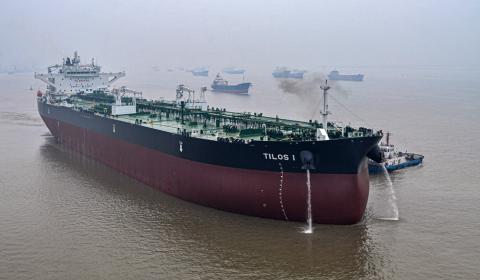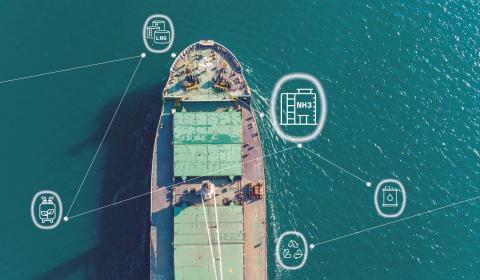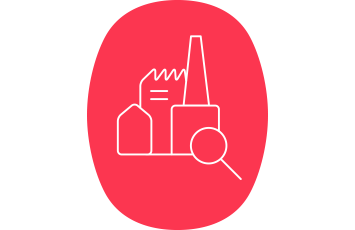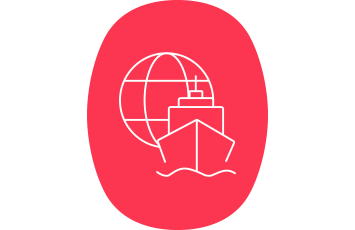
What challenges face tomorrow’s tankers?
The tanker market is a cornerstone of the shipping industry, and one that is growing rapidly. While facing the challenges of improving both operational and energy efficiency, tankers must evolve to transport the energy of the future.
Jonathan Hudson, Global Market Leader, Tanker Market at Bureau Veritas explains why the stakes are so high for tanker owners.
Jonathan, can you give us an overview of the evolutions in the tanker market?
Tankers have undergone a huge transformation in recent decades. They are on course to become increasingly sophisticated – adapting to carry new cargo, use alternative fuels and be more efficient.
I’m convinced that tankers now have a key role to play in the energy transition – and here we have to acknowledge the scope and scale involved. The fossil fuels transported by tankers now are vital to keeping lights on and wheels turning around the world. Replacing them means meeting demand for new lower-carbon fuels from every sector from manufacturing to pharmaceuticals. Tankers are an essential component in the LNG supply chain and they’re also preparing to transport ammonia, hydrogen and biofuels.
Ultimately, the tanker market is incredibly dynamic and ship owners need to be ready to adapt to evolving market needs as well as green regulations and demands
How are new environmental regulations affecting tankers?
As we all know by now, decarbonization is a priority for the entire shipping industry, and tankers are no exception. Owners face the challenge of tracking and lowering emissions to comply with the Energy Efficiency Existing Ship Index (EEXI) and the Carbon Intensity Indicator (CII). The EU Fit for 55 initiative also sets a 2050 deadline to reach carbon neutrality – which is approaching faster than we might think!
To improve energy efficiency, the tanker market – and the shipping industry as a whole – is exploring the potential of alternative fuels and propulsion. From wind-assisted propulsion to hybrid-electric power and ammonia as a fuel, tanker owners are reevaluating their vessels to maximize energy efficiency and ensure compliance.
What support do tanker owners need?
To tackle the challenges of today and tomorrow, tanker owners need to work hand in hand with class. We can broadly divide this support into five areas.
First, rethinking, with new class standards that keep up with evolving regulations to support the design of energy-efficient tankers. Second, supporting accurate reporting to enable compliance with emissions regulations. Third, reevaluating measures to boost tanker efficiency and cut fuel consumption. Fourth, help restructuring businesses to set and meet ESG and CSR targets. And finally, facilitating cooperation between shipyards and owners to manage decommissioning responsibly with recycling.
What added value does Bureau Veritas bring to the tanker market?
As a classification society, we are best-placed to help tanker owners adapt to new market needs. We have the expertise in new fuels and technologies to support the new wave of sophisticated, sustainable and energy-efficient tankers. At the forefront of the maritime energy transition, Bureau Veritas is a trusted partner for the next generation of tankers.
Bureau Veritas is a leader in alternative fuels and specialized product tankers. Pioneers in safety and performance, we support tanker owners in taking the necessary measures to adapt their fleet and navigate the energy transition.










